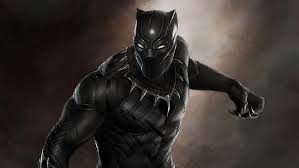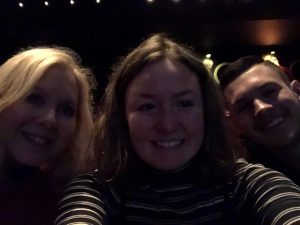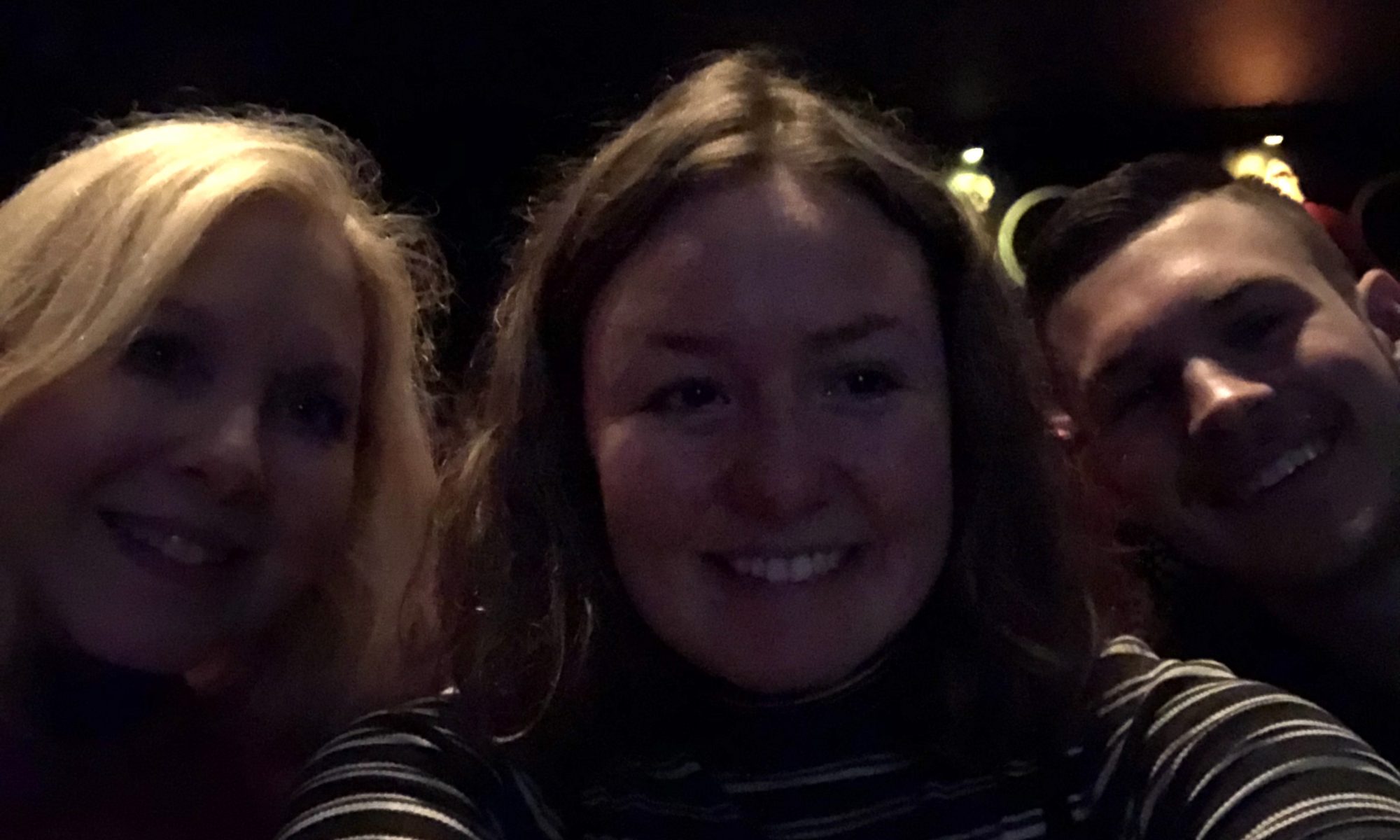Sometimes the cultural significance of a film outshines the movie itself, even one as entertaining as Black Panther.
I’ve never been a big fan of superhero films as a genre because, except for a few exceptions, they tend to run together for me, especially the franchise movies that feature a collection of such heroes joining together to fight a villain or several of them in CGI-heavy sequences that seem to go on forever.
The bigger the special effects are, the lower the emotional stakes seem from the perspective of my seat in the cinema.

The movies that focus on one character in a contained narrative work much better for me generally, films like Logan, Wonder Woman, and Black Panther.
Despite the undeniable appeal of Hugh Jackman (I just felt a little tingle run up my spine…or was it down?…just from typing his name), it is Wonder Woman and Black Panther that serve as a much-needed corrective to the white male perspective that dominates Hollywood still and, it seems, this genre of films even more than most.
I have thought a lot about why Wonder Woman is so appealing to me—simply put, I am profoundly moved by the way director Patty Jenkins and star Gal Gadot create a character in Diana that fully embraces both the traditionally “masculine” traits (such as physical strength) and traditionally “feminine traits” (such as the tendency to nurture)—but I should go into that more deeply in another post.

As Wonder Woman continues a narrative thread found in other important movies, such as Maleficient, that expands our notion of what it means to be a woman, Black Panther launches a new thread that continues to give viewers models for women that create a new sense of possibility and goes further by embracing Black identity in new ways focused on power and purpose while acknowledging a mythical history that has some basis in actual histories that have been under-reported, under-explored, and not understood.
If the film did nothing else, this would be enough.
But, the film does more. Writer-director Ryan Coogler (who has been on my radar since the exquisite Fruitvale Station), goes beyond the narrative as a tool for expressing the importance of Black histories and mythologies to use all of the visual tools at his disposal to emphasize the strength and beauty of these characters in ways that will be just as affirming and inspiring to the next generation of movie-goers (or at home watchers) as the story elements.
The popularity of the film is impressive, and that is far from the most important aspect of Black Panther.
